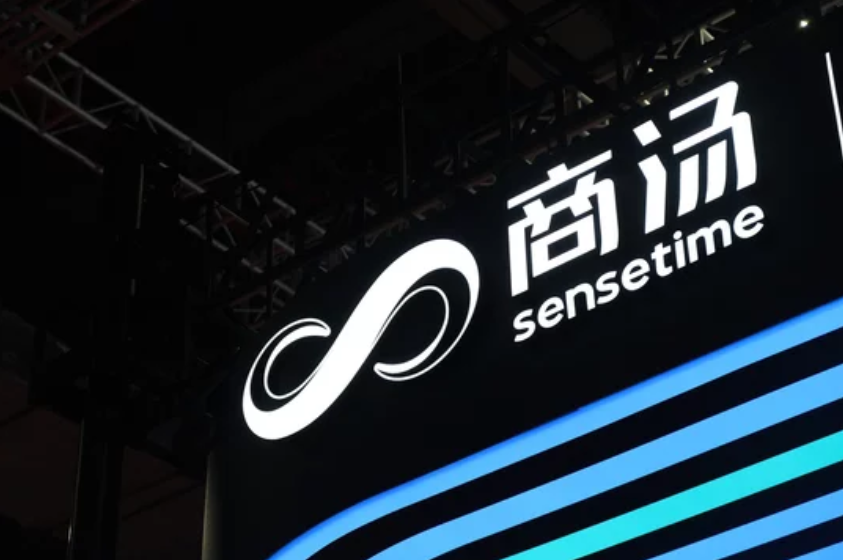SenseTime, one of China’s top artificial intelligence companies listed in Hong Kong, said the mainland police are investigating a person who previously worked for its intellectual property (IP) unit.
- The Chinese AI champion says the employee is being investigated by mainland police in a commercial-related case
- The suspect is a former executive director, according to the state-backed Shanghai Securities News
Quick Summary:
The person previously worked at the company’s intellectual property unit, the Hong Kong-listed company said.
Founded in 2014, SenseTime develops AI technology used in a variety of areas from autonomous driving to augmented reality and medical imaging.
The Hong Kong-based firm added that it maintains a commitment to ethical conduct and has “a zero-tolerance policy towards corruption and any form of illegal activities”, without elaborating.
Continuation

“A former employee of SenseTime’s Intellectual Property Division is currently under investigation by the Public Security Bureau due to [a] suspected commercial-related case,” the company said in a statement sent to the Post on Sunday.
The Hong Kong-based firm added that it maintains a commitment to ethical conduct and has “a zero-tolerance policy towards corruption and any form of illegal activities”, without elaborating.
SenseTime did not comment on the identity of the person under investigation. The suspect was described as a former executive director of intellectual property rights who was probed for financial problems, in a report by the state-backed Shanghai Securities News.
Founded in 2014, SenseTime develops AI technology used in a variety of areas from autonomous driving to augmented reality and medical imaging. It is China’s leading provider of AI-powered facial recognition technology.
The company was once considered one of China’s promising “four little dragons” of artificial intelligence, but has seen its business struggle since a highly anticipated initial public offering in Hong Kong in December 2021.
It was forced to relaunch its IPO with an amended prospectus and the exclusion of US investors, after Washington in February that year barred Americans from investing in the company, alleging that its technology contributed to human rights abuses against Uygurs in China’s Xinjiang region.
SenseTime has disputed these claims and said it strictly adheres to laws in relevant countries and regions. The ban followed trade restrictions placed on the company by the US Commerce Department in 2019 over its alleged role in Xinjiang, preventing it from doing business with American companies without a licence.
While SenseTime’s share price surged as much as 23 per cent on debut, it had dropped nearly 75 per cent from its peak as of Friday, after the company posted a series of net losses, citing problems such as heavy development and staff costs.
In its latest financial report, the company reported net losses of 3.1 billion yuan (US$432 million) for the first six months of 2023.
In a bright spot for the company, it was selected in August as one of a first batch of technology companies given government approvals to open their ChatGPT-like generative AI services to the public.
In addition to reining in the provision of AI services, Beijing has also erected rules on IP rights. Gan Lin, deputy head of China’s State Administration for Market Regulation, told Chinese media in April that the government had rolled out a number of IP regulations in 2022 to optimise the legal system for IP rights protection.
Market regulators handled about 44,000 trademark and IP rights violation cases last year, involving 1.62 billion yuan, Lin said. She added that law enforcement and justice departments carried out 27,000 prosecutions related to IP infringement and fake and inferior commodities sales.







Leave a Comment